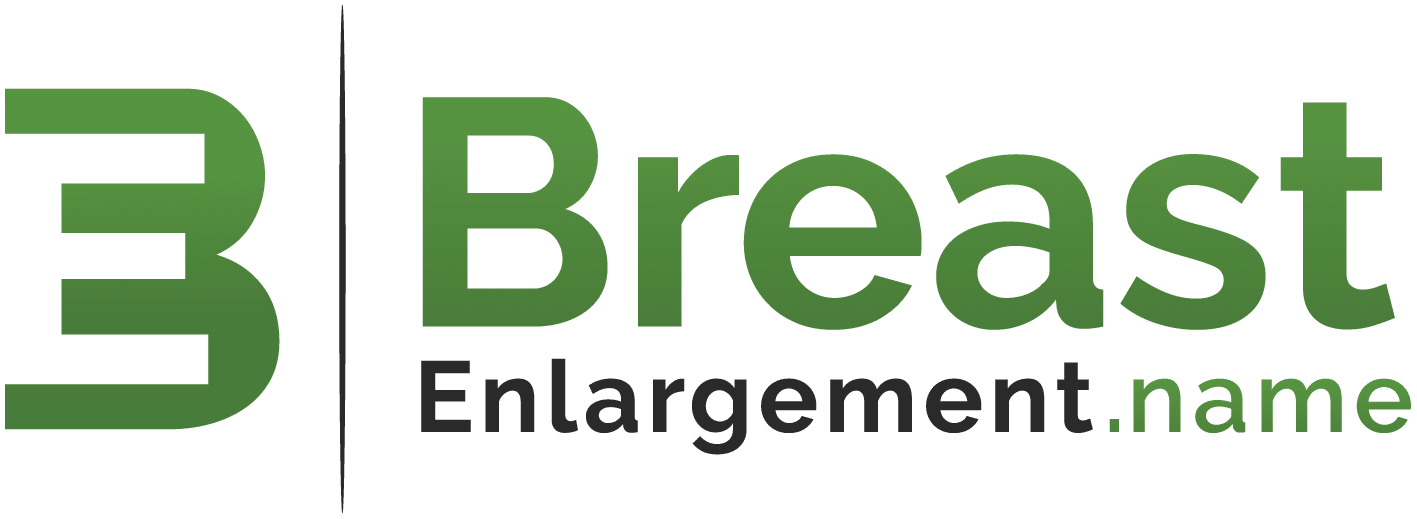Phytoestrogens are plant-derived compounds with estrogenic activity that can bind to estrogen receptors in the body and either mimic or block the effects of natural estrogen.

In this article, we will delve into what phytoestrogens are, their potential benefits and risks, and how they relate to women’s health, including breast size and health.
What are Phytoestrogens?
Phytoestrogens are naturally occurring compounds found in a variety of foods, such as soy products, flaxseed, whole grains, legumes, and some fruits and vegetables. They can also be obtained as dietary supplements.
Potential Benefits of Phytoestrogens
One of the primary benefits of phytoestrogens is their potential to alleviate menopausal symptoms. During menopause, estrogen levels decrease, leading to symptoms such as hot flashes, vaginal dryness, and mood swings. Phytoestrogens can bind to estrogen receptors and help regulate hormonal levels, potentially reducing these symptoms.
In addition to alleviating menopausal symptoms, phytoestrogens have also been studied for their potential impact on breast health. Some studies suggest that phytoestrogens may lower the risk of breast cancer by interfering with the activity of natural estrogen in breast tissue.
However, other studies have not found a significant association between phytoestrogen intake and breast cancer risk.
Phytoestrogens and Breast Size
Despite becoming popular as a potential natural breast enlargement option, there is said to be limited evidence to support the claim that phytoestrogens will in fact increase breast size. For example, soy is said the be a fantastic source of phytoestrogens. Some studies have found that soy consumption may lead to modest breast growth, but overall, the evidence is said to be “inconclusive”.
Risks Associated with Excessive Phytoestrogen Intake
It is important to note that excessive intake of phytoestrogens can have negative effects on women’s health. High doses of phytoestrogens may interfere with thyroid function, and some studies have suggested a potential link between high intake of soy products and an increased risk of breast cancer.
Recommendations for Phytoestrogen Intake
As with any dietary supplement, moderation is key. It is recommended that women consume no more than 2-3 servings of soy products per day and speak with a healthcare professional before taking phytoestrogen supplements.
Conclusion
Phytoestrogens have potential benefits for women’s health, particularly in alleviating menopausal symptoms and potentially lowering the risk of breast cancer. However, moderation and consultation with a healthcare professional are advised before incorporating them into a diet.
Excessive intake of phytoestrogens can have negative effects on women’s health, and the evidence regarding their impact on breast size is said to be “inconclusive” at best.
Phytoestrogens FAQs
Phytoestrogens may have a slight estrogenic effect but typically do not lead to feminization. Their impact varies individually, and moderate intake is unlikely to cause significant feminizing effects.
Moderate consumption of phytoestrogen-rich foods is generally safe. However, excessive intake, particularly through supplements, may pose risks, such as thyroid interference. Consult a healthcare professional if concerned.
Phytoestrogens may influence hormone levels, potentially affecting menstrual cycles. However, their impact varies among individuals, and moderate intake is unlikely to cause significant disruptions. Consult a healthcare provider for concerns.
Foods rich in phytoestrogens include soy products, flaxseeds, whole grains, legumes, and some fruits and vegetables. Soybeans and soy-based foods typically contain the highest levels of phytoestrogens among commonly consumed foods.
